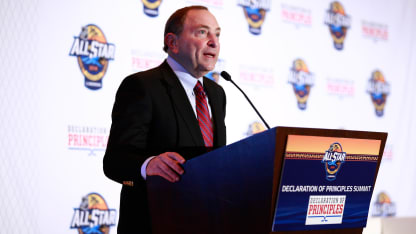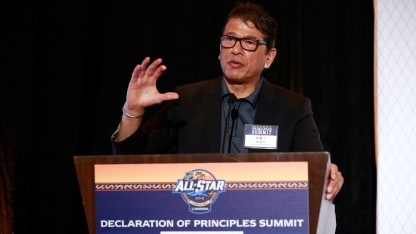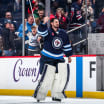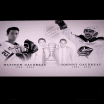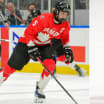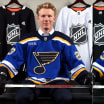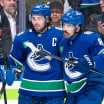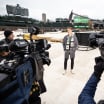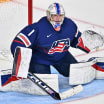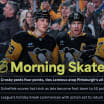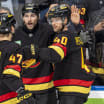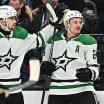"Our hope is today these conversations can set an example, they can inform, they can enlighten and they can produce new ideas for growing our game and new ways to interact and develop, perhaps even create new audiences, and now especially, and hopefully, support our core belief that hockey is for everyone," Commissioner Gary Bettman said.
Tampa Bay Lightning owner Jeff Vinik expressed hope the summit can be continued at future All-Star Weekends. The 2018 GEICO NHL All-Star Skills Competition is at Amalie Arena on Saturday (7 p.m. ET; NBCSN, CBC, SN, TVA Sports), and the 2018 Honda NHL All-Star Game is Sunday (3:30 p.m. ET; NBC, CBC, SN, TVA Sports)
"This morning marks one of those opportunities to have conversations about athletes' involvement in the community, increasing diversity of hockey at all levels and life skill development," Vinik said. "These are all important conversations that should happen at all levels of society, from business leaders to politicians and down to the grassroots level."
O'Neil, a 40-year-old Boynton Beach, Florida, native, spoke about the importance of athlete activism. He told the story of how his mother was sexually assaulted when she was 11 years old and gave birth to him when she was 12.
Growing up in poverty, O'Neil was told repeatedly he'd be "dead or in jail by the time I was 16." But with the support of others, he was able to overcome his circumstances.
Now, he gives back by raising millions of dollars for college scholarships, the United Way, the Susan G. Komen Foundation and the Special Olympics.
"A lot of people want to know, 'Where do I start?'" O'Neil said. 'I say it all the time, 'Start at home.' I went from a guy that never met my biological dad, was not interested in meeting my biological father, to being a proud father of two sons, 11- and 13-year-old kids."
In a follow-up discussion panel on an athlete's responsibility in society, former NHL defenseman Andrew Ference said the player has to take the initiative.
"It's not somebody's job in the front office to hold your hand and do everything for you and take you to something that you care for," Ference said. "The onus is on the players. There has to be some self-driven desire to be involved in the community."
Nolan discussed the many obstacles he overcame to become one of approximately 60 men of aboriginal descent to play in the NHL and one of a handful who have coached in the League. Nolan, who is of Ojibwe descent, grew up with 11 siblings in a small house with no running hot water or electricity on the Garden River First Nation reservation near Sault Ste. Marie, Ontario.
